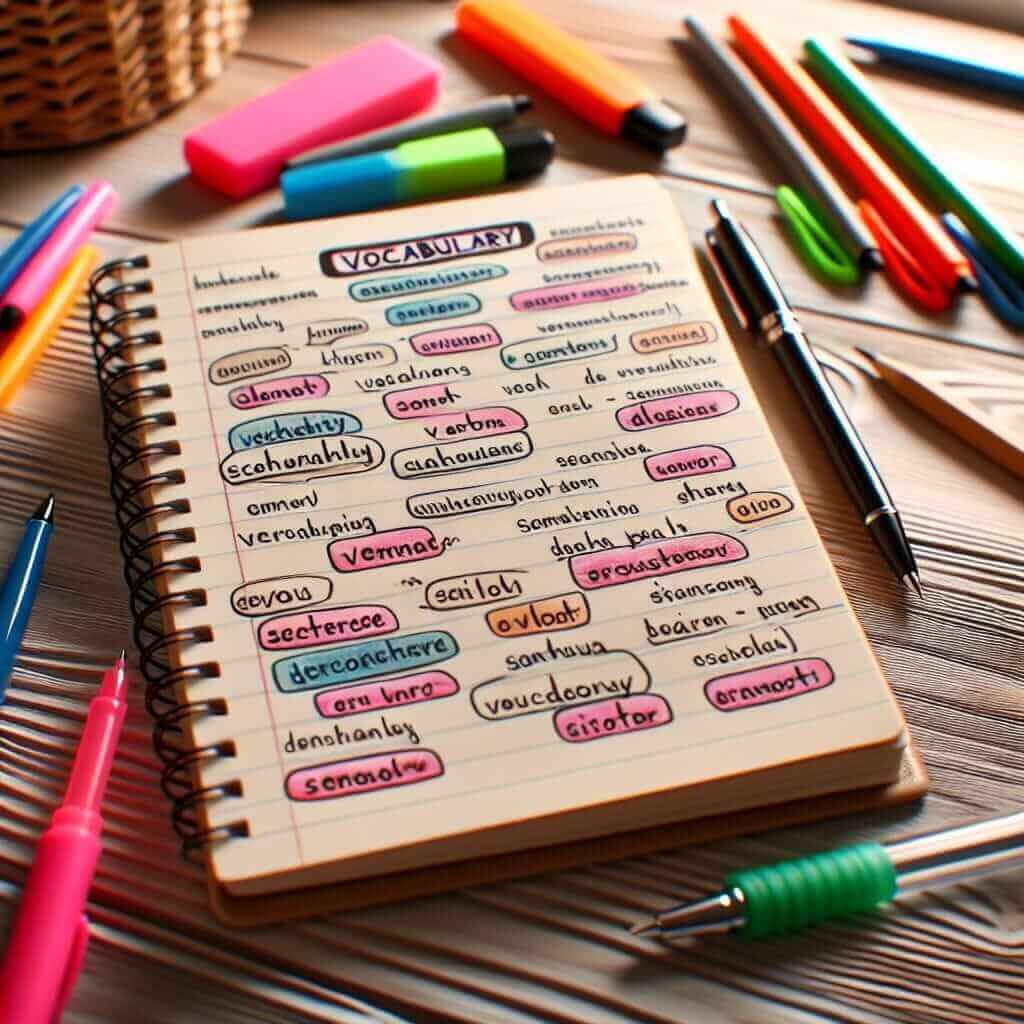As an IELTS instructor with over 20 years of experience, I’ve witnessed countless students grapple with the same question: “Where can I find the right vocabulary for IELTS?” It’s a common concern, and rightfully so. A strong vocabulary is fundamental to achieving a high score in all sections of the IELTS exam. This guide will provide you with a roadmap to expanding your lexical resource and acing your IELTS exam.
Nội dung bài viết
- Understanding the Importance of Vocabulary in IELTS
- Your Toolkit: Where to Find the Gold
- 1. IELTS Preparation Materials: Your Trusted Compass
- 2. Dive into the World: Immerse Yourself
- 3. Make it Personal: Context is Key
- Example: The Power of Synonyms in Action
- Top Tips for Mastering IELTS Vocabulary
- Conclusion: Your Vocabulary Journey Begins Now
Understanding the Importance of Vocabulary in IELTS
Before diving into the “where,” let’s address the “why.” Vocabulary is not just about knowing a large number of words; it’s about using them accurately and effectively within the right context. Here’s how vocabulary impacts different sections of the IELTS:
- Speaking: A wide range of vocabulary allows you to express yourself fluently and eloquently during the interview, showcasing your ability to discuss various topics with precision.
- Writing: Using topic-specific vocabulary and synonyms enhances your writing, making it more engaging and demonstrating your command of the English language.
- Reading: A strong vocabulary is crucial for understanding complex texts and answering comprehension questions accurately.
- Listening: A broad vocabulary base helps you comprehend spoken language, identify synonyms and paraphrased information, and answer questions effectively.
Your Toolkit: Where to Find the Gold
Now, let’s explore the treasure map to enriching your IELTS vocabulary:
1. IELTS Preparation Materials: Your Trusted Compass
- Official IELTS textbooks and practice tests: These resources are packed with topic-specific vocabulary commonly used in the exam. Pay attention to the words used in sample answers and reading passages.
- Vocabulary lists and flashcards: Numerous websites and apps offer curated lists of vocabulary related to common IELTS themes like education, technology, and the environment.
2. Dive into the World: Immerse Yourself
- Read Widely: Newspapers (The Guardian, The New York Times), magazines (The Economist, National Geographic), and non-fiction books expose you to a wide range of vocabulary in context.
- Listen Actively: Podcasts, documentaries, and news channels help you familiarize yourself with different accents and learn how words are used in natural speech.
- Watch and Learn: Movies, TV series, and documentaries, especially those with subtitles, can be entertaining ways to learn new vocabulary and improve your listening comprehension.
3. Make it Personal: Context is Key
- Keep a Vocabulary Notebook: Jot down new words you encounter, along with their definitions, synonyms, antonyms, and example sentences. This personalized resource will be invaluable for review.
- Use it or Lose it: Don’t just memorize words in isolation. Practice using them in your speaking and writing.

Example: The Power of Synonyms in Action
Let’s say the IELTS speaking exam throws you a question about “the benefits of exercise.” Instead of repeating “good” or “healthy,” you can impress the examiner with synonyms like:
- Beneficial
- Advantageous
- Salubrious
- Invigorating
Using a variety of words demonstrates your lexical range and makes your language more sophisticated.
Top Tips for Mastering IELTS Vocabulary
- Focus on Collocations: Learn words in groups that naturally go together. For instance, “heavy rain” is more natural than “strong rain.”
- Practice Paraphrasing: Try to express the same idea using different words and grammatical structures.
- Don’t Overlook Pronunciation: Learning the correct pronunciation of words is essential for the speaking and listening sections.
Conclusion: Your Vocabulary Journey Begins Now
Remember, building a strong vocabulary is an ongoing process. By consistently incorporating these strategies into your IELTS preparation, you’ll be well-equipped to communicate effectively and confidently on exam day. Good luck, and remember, every new word you learn brings you one step closer to your desired IELTS score!